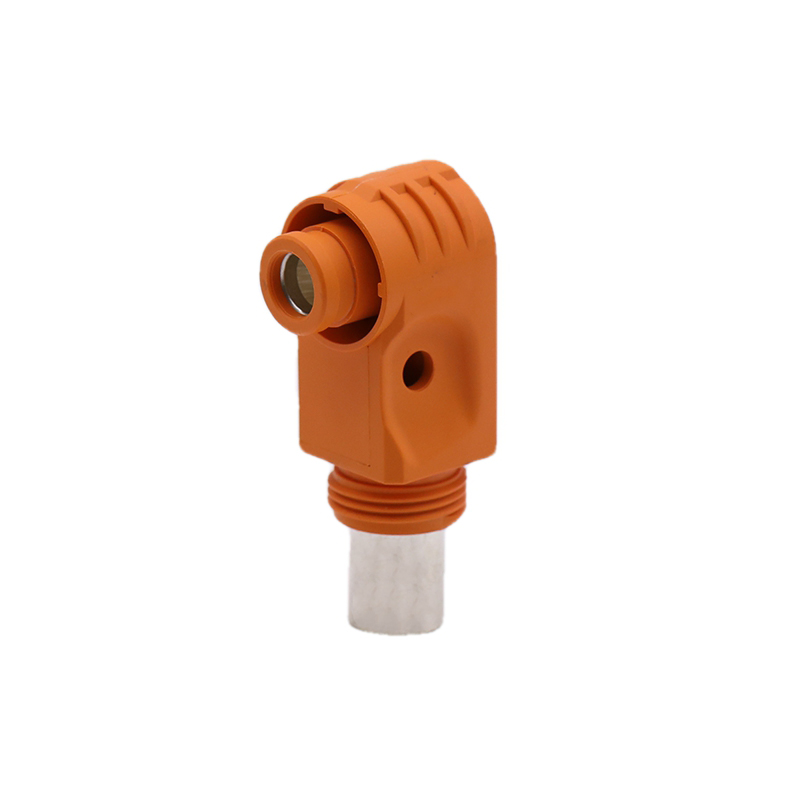Key features and considerations of energy storage connectors
2023-10-16
An energy storage connector is a type of electrical connector designed specifically for connecting and interconnecting energy storage systems. These connectors play a critical role in facilitating the safe and efficient transfer of electrical power between energy storage devices and the systems they power or are connected to.
Key features and considerations of energy storage connectors:
1.Current Rating:Energy storage systems can handle significant electrical currents, especially in large-scale applications like grid-connected energy storage. As a result, energy storage connectors must have high current-carrying capabilities to accommodate the power flow without excessive heat generation or voltage drops.
2.Voltage Rating:Energy storage systems can operate at various voltage levels, ranging from low-voltage residential battery systems to high-voltage utility-scale installations. The connectors used must be rated for the specific voltage levels encountered in the application to ensure safe and reliable operation.
3.Connector Type:Energy storage connectors come in different types, including wire-to-wire connectors, wire-to-board connectors, and busbar connectors. The choice of connector type depends on the specific application and the connection requirements.
4.Safety Features:Safety is paramount in energy storage systems due to the potential risks associated with high power levels. Energy storage connectors may incorporate features like locking mechanisms, keying, or color coding to prevent mismating and ensure correct connections.
5.Environmental Considerations:Depending on the application, energy storage connectors may be exposed to harsh environmental conditions, such as temperature extremes, moisture, and chemicals. Connectors designed for energy storage applications should have appropriate environmental seals and protection to ensure reliable performance in challenging environments.
6.Pluggability and Serviceability:Energy storage connectors should be designed for ease of plugging and unplugging, allowing for efficient installation, maintenance, and servicing of the energy storage systems.
7.Certifications and Standards:Depending on the application and location, energy storage connectors may need to meet specific certifications and industry standards to ensure compliance with safety and performance requirements.
Energy storage connectors are utilized in various energy storage applications, including:
- Residential energy storage systems for homes with solar panels or as backup power sources.
- Commercial and industrial energy storage installations for peak shaving, load shifting, and demand management.
- Grid-scale energy storage projects that integrate renewable energy sources, stabilize the grid, and provide backup power during emergencies.
- Electric vehicle charging infrastructure for rapid charging and battery swapping.
The choice of energy storage connector depends on the specific application's requirements, electrical parameters, and safety considerations. Proper connector selection is crucial to ensure the reliable and efficient operation of energy storage systems.



